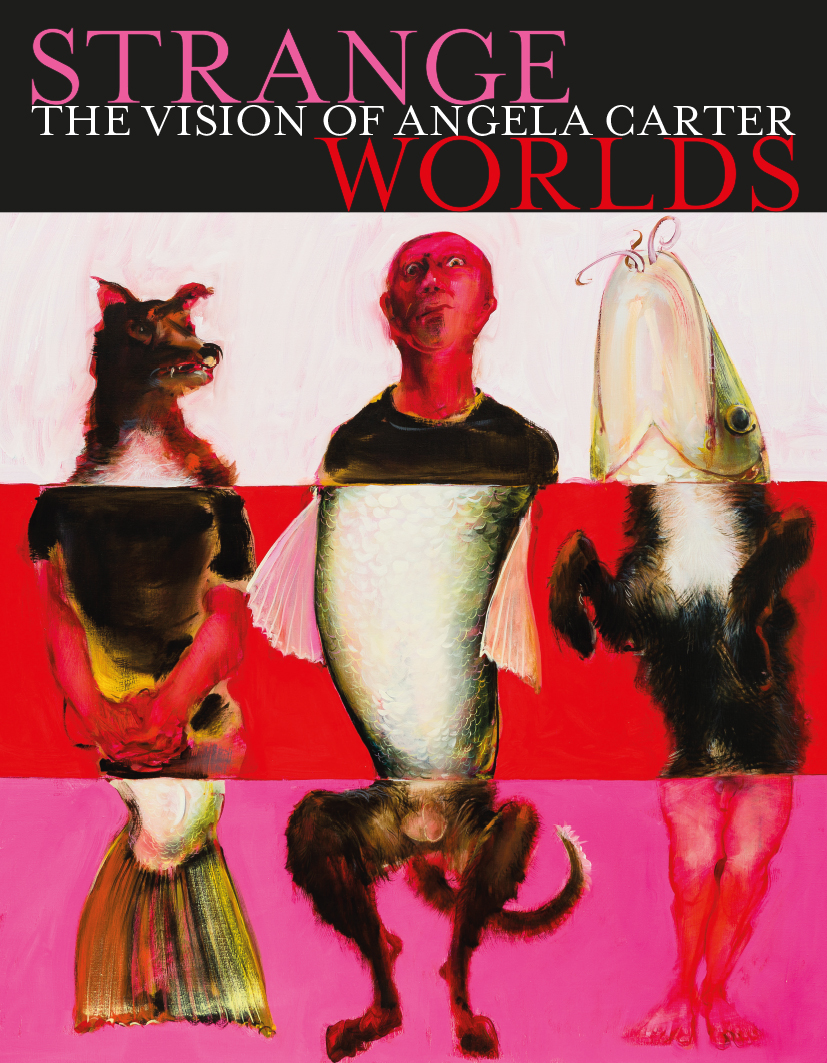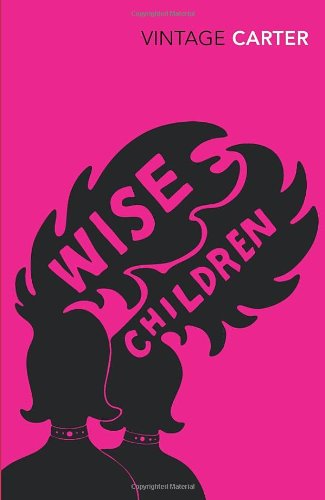

Complete Stories and Poems of Edgar Allan Poe. “Nineteenth-Century American Gothic.” A Companion to the Gothic.

New York: Columbia University Press, 1991. New York: Columbia University Press, 1982.

“ Heartbeat.” Homicide: Life on the Street. Lincoln, NE: University of Nebraska Press, 1966. “Notes from the Front Line.” On Gender and Writing. “The Loves of Lady Purple.” Fireworks: Nine Profane Pieces. “John Ford’s ‘Tis Pity She’s a Whore.” American Ghosts and Old World Wonders. Harmondsworth: Penguin, 1982.Ĭarter, Angela. The Infernal Desire Machines of Doctor Hoffman. “The Fall River Axe Murders.” Black Venus. “The Courtship of Mr Lyon.” The Bloody Chamber and Other Stories. “The Cabinet of Edgar Allan Poe.” Black Venus. “The Bloody Chamber.” The Bloody Chamber and Other Stories.

New York: Dover Publications, 1994.Ĭarter, Angela. Manchester: Manchester University Press, 1992.īrowning, Robert. Over Her Dead Body: Death, Femininity and the Aesthetic. “Angela Carter: An Interview.” Sheffield University Television. This process is experimental and the keywords may be updated as the learning algorithm improves.īaldick, Chris. These keywords were added by machine and not by the authors. Keeping originality always in view - for he is false to himself who ventures to dispense within so obvious and attainable a source of interest’ (480 emphasis in original). In “The Philosophy of Composition” (1846), he talks of his awareness of effect and the importance of keeping it short: ‘I prefer commencing with the consideration of an effect. Poe chooses to write of doom, decay and death, but avoids didacticism he ‘perceived the essential impartiality of the real artist’ (ibid.). These writers were, he argues, hampered by the need to conform to a happy ending, side with one of the characters and their views, reward virtue and adhere to popular standards and beliefs. Lovecraft sees Poe as moving beyond earlier horror writers who ‘orked largely in the dark without an understanding of the psychological basis of the horror appeal’ (ibid.). Lovecraft devotes a whole chapter to Poe’s horror tales, acknowledging his mastery by calling him the ‘deity and fountain-head of all modern diabolic fiction’ (53). In his study Supernatural Horror in Literature (1927), H.P. His dark tales contain demonic pledges, walled in corpses, living death, curses, body horror, contagion and natural terrors turned weird. Edgar Allan Poe is frequently acknowledged as the originator of the horror genre.


 0 kommentar(er)
0 kommentar(er)
